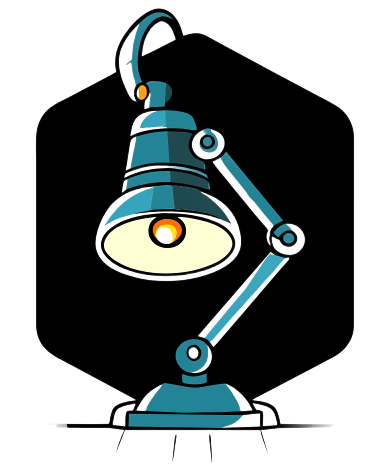The conjugation of the verb "aprire" in the present simple tense is as follows:
| Person | Conjugation |
|---|---|
| io | apro |
| tu | apri |
| egli | apre |
| noi | apriamo |
| voi | aprite |
| essi | aprono |
In the past tense, the verb "aprire" is conjugated as follows:
| Person | Conjugation |
|---|---|
| io | apersi |
| tu | aprii |
| egli | aprì |
| noi | aprimmo |
| voi | apriste |
| essi | aprirono |
The verb participle, a non-finite form, has two forms: the past (amato) and the present (amante). Both are direct derivations of the equivalent Latin forms, with "amatus" being the past form and "amantem" (accusative of "amans") being the present form.
The verb "piangere" (to cry) in the past tense is conjugated as follows:
| Person | Conjugation |
|---|---|
| io | ho pianto |
| tu | hai pianto |
| egli | ha pianto |
| noi | abbiamo pianto |
| voi | avete pianto |
| essi | hanno pianto |
The conjugation of the verb "raccolto" (to collect) in the conditional tense is as follows:
| Person | Conjugation |
|---|---|
| io | avrei raccolto |
| tu | avresti raccolto |
| egli | avrebbe raccolto |
| noi | avremmo raccolto |
| voi | avreste raccolto |
| essi | avrebbero raccolto |
The conjugation of the verb "partire" (to leave) in the present and future simple tenses is as follows:
| Present simple: | Person | Conjugation |
|---|---|---|
| io | parto | |
| tu | parti | |
| egli | parte | |
| noi | partiamo | |
| voi | partite | |
| essi | partono |
| Future simple: | Person | Conjugation |
|---|---|---|
| io | partirò | |
| tu | partirai | |
| egli | partirà | |
| noi | partiremo | |
| voi | partirete | |
| essi | partiranno |
In the present, future, and simple tense, the verb "scrivere" (to write) is conjugated as follows:
| Present simple: | Person | Conjugation |
|---|---|---|
| io | scrivo | |
| lei | scrive | |
| noi | scriviamo | |
| lei | scrive | |
| io | scrivo | |
| lei | scrive | |
| noi | scriviamo | |
| lei | scrive | |
| loro | scrivono |
| Future simple: | Person | Conjugation |
|---|---|---|
| io | scriverò | |
| lei | scriverà | |
| loro | scriveranno |
Note: The original text contained some sentences that were not clear or had incorrect grammar. I have made some corrections and reorganized the information for clarity.
